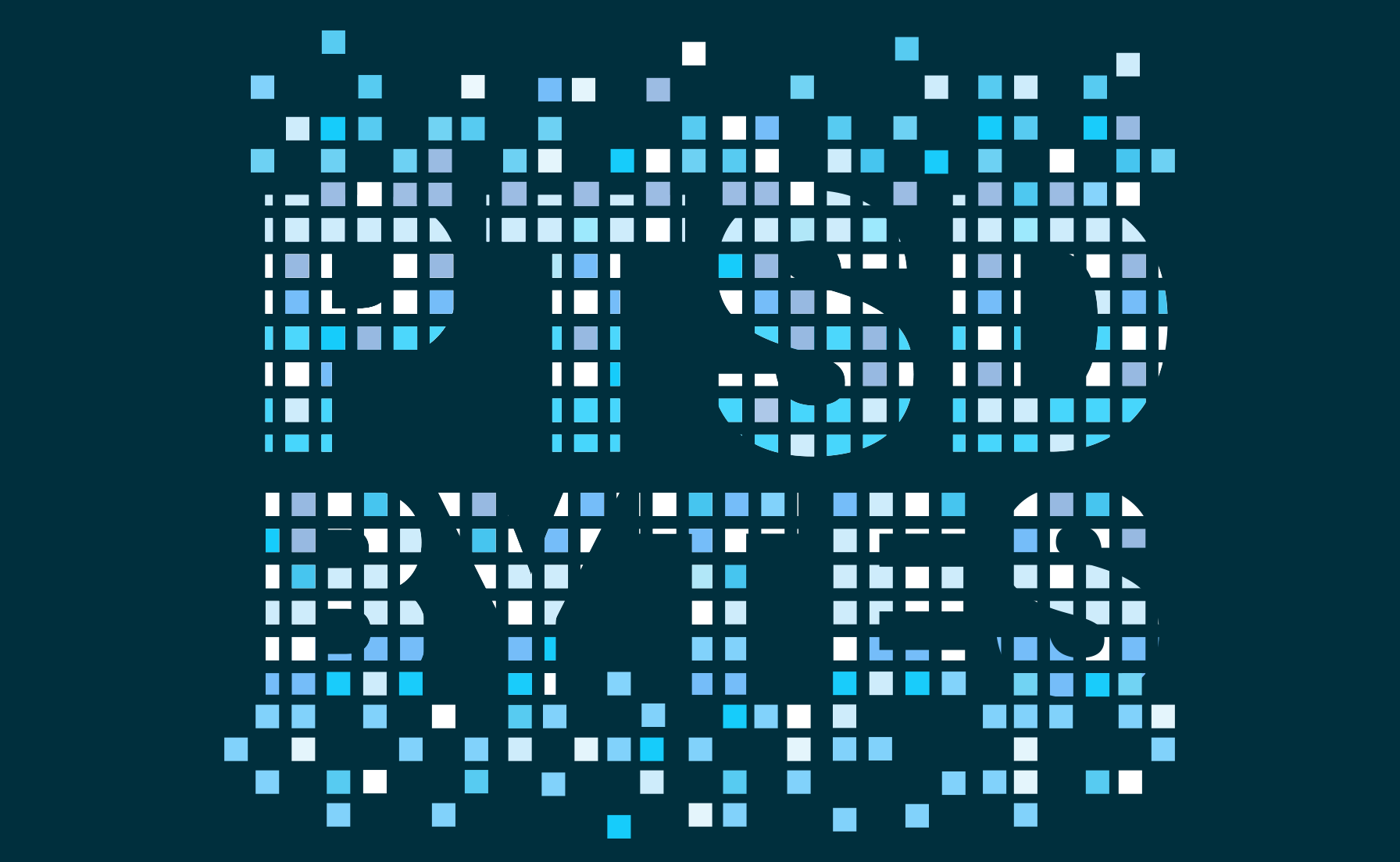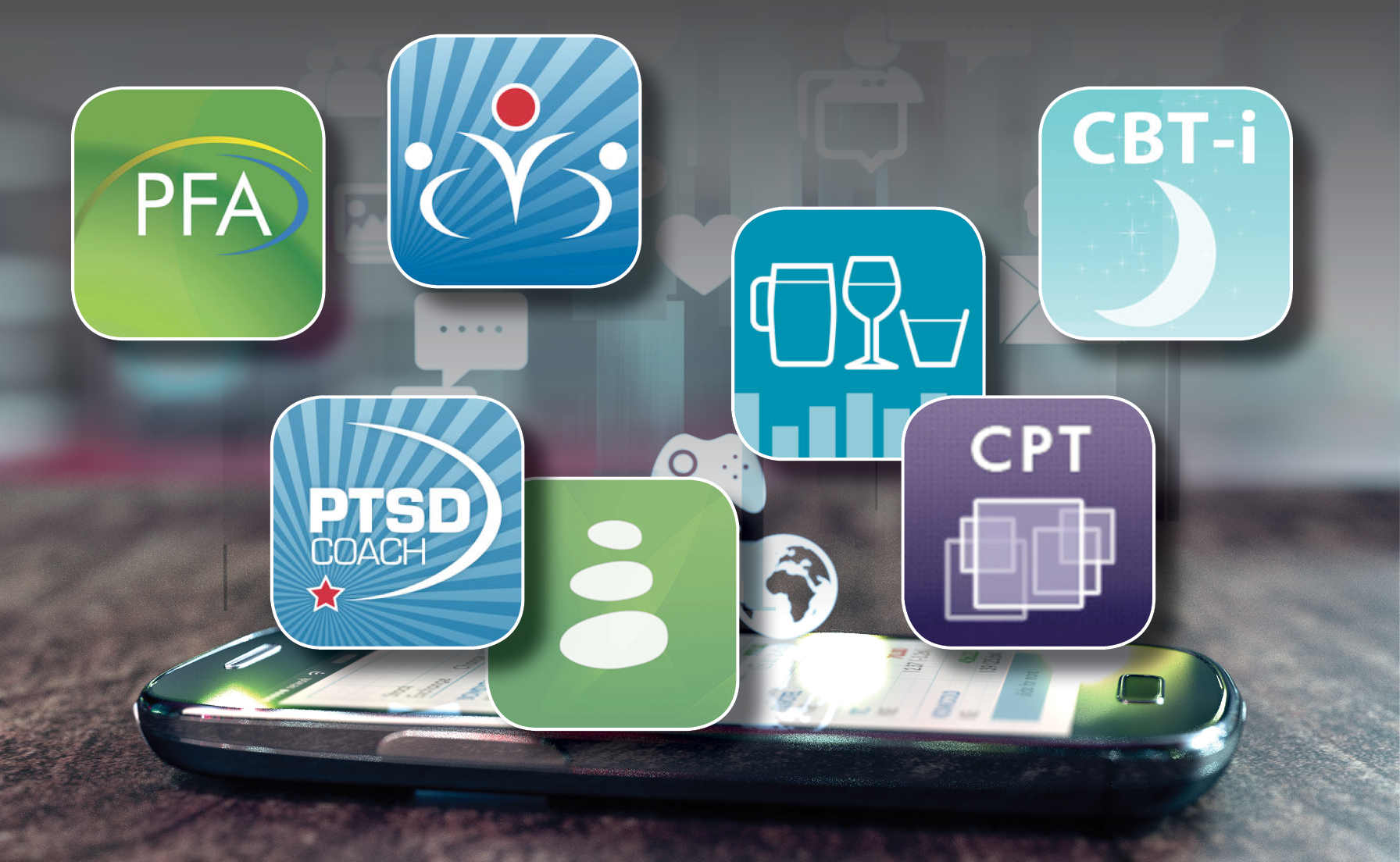PTSD: National Center for PTSD
Grief: Taking Care of Yourself After a Loss
Grief: Taking Care of Yourself After a Loss
Available en Español
When you are grieving a loss, you also need to take care of yourself. Although not everyone experiences grief the same way, everyone can benefit from a few key self-care strategies. Learn some tips that are shown to reduce grief over time to help care for yourself.
Reading time: minutes
There are many ways to take care of yourself when you are grieving. A variety of factors will influence your choice of self-care strategies, such as the amount of time since the death, your background and personality, your relationship with the person who died, and competing demands in the wake of the death. Grieving a death resulting from a disaster or public health crisis presents its own challenges. Here are a few strategies that have been noted by others to mitigate or reduce grief over time. Not all of them are necessary or appropriate for everyone, but they may provide some possible options for self-care.
Social Connectedness
Giving and receiving social support, as well as feeling that you belong, are important for coping and well-being. Here are some ways to connect with others you trust while you are grieving:
Talk with those who bring comfort when you feel up to it
Not everyone feels comfortable talking openly about personal losses. We all make our own choices about when, where, with whom, and whether we want to express our feelings. In the context of disaster events, the option to gather or mourn in a traditional way may be limited and can make reaching out even more difficult. Even with such potential obstacles, consider making the effort to talk with those you feel most comfortable with, because opening up about loss can improve mental and physical health. Talking can also help you understand your own emotions and feel understood, rather than feeling alone or isolated.
Reach out to those who have been through similar situations
The most helpful support often comes from people who have suffered similar losses. Instead of saying, "I'm sorry for your loss," they might validate what you're experiencing and let you know how they got through it. Just being in touch with them may feel comforting. Seeing how they've endured may give you hope or help you to feel less alone. They may not have to say many words, but you still feel understood by the kinship of shared or similar experiences.
Be clear and authentic when others reach out to you
You can make better connections by being authentic or true to yourself. For instance, if you automatically answer the question "How are you?" with, "Fine," it doesn't encourage those you're close with to ask further questions. In order to get better support you could say something like, "I'm not fine, but I appreciate you asking and it's nice to be able to be honest about that with you." If you don't feel ready to talk more just then, let them know the best times and ways to reach out, and what is most helpful. If it feels right, you can also tell them that it's okay for them to ask you questions or talk about how they feel too.
Adjusting Self-Talk
Being flexible in what you expect of yourself while grieving can help you accept the loss you feel and move toward feeling better. Here are some ways to take better care of yourself during times of grief:
Be kind to yourself
Grief can take a toll on our energy and ability to function. Be patient with yourself and adjust your expectations about what you are able to accomplish each day. You may not be able to control when emotions arise. Grief tends to come in waves, sometimes when least expected. Make time and space for the feelings when you can, to help you process the experience. Then realize that there are moments when the pain temporarily eases up. No matter how sad you feel, another break will eventually come. It can help you regain a sense of control.
Realize that there is no standard way to grieve
Grief can be complicated, especially after a sudden, unexpected loss. If the death was shocking, it can cause you to feel numb and it may delay or interfere with grieving. It's important to not feel badly or judge yourself for not "feeling" something like what you or your family would expect. Just let your reactions follow at their own pace.
Adjust beliefs and thoughts that don't serve you
Some people get stuck in beliefs that may fit most of the time but don't serve all the time. For instance, you may define friendship by what you can offer, such as advice, support, or practical help, but you may need to change this pattern when grieving. Try reframing your belief to one of "friendship isn't only what you can give, it's also what you're able to receive." By connecting with others, you can potentially feel better sooner, as well as be able to give back to others going through similar situations in the future.
Strong feelings and thoughts are common following sudden loss, especially when a person is overwhelmed. It's common and understandable for people to try to regain control by blaming themselves, or to focus on anger at others rather than feelings of helplessness or sadness. But these patterns can prolong the grieving process. Here are some common thoughts that occur with grief, along with some potentially more helpful thoughts:
- "I will always feel this awful," can become something like: "I often feel this awful, but over time it might just be sometimes." Or, "There are people I can talk who might help me feel better."
- "I should have done something to prevent this," can become something like: "I did the best I could under the circumstances, with what I knew at the time."
- "It's their fault this happened," can become something like, "Others may be to blame, but at the moment, I need to focus on healing for myself and my family, and on what I can accomplish right now."
- "It should have been me," can become something like: "All I can do now is live the present moment as it is," or, "That choice belongs to a higher power."
Focus on making meaning or gaining a broader view
One way to do this is to find ways to honor the loss. Once the initial shock of the loss begins to decrease, many bereaved people pay tribute to their loved ones by creating some way to honor the person. They also find ways to help them feel connected to the person who has died. Engaging in these processes can give life continued meaning and allow you to live in a way that honors and reaffirms your relationship. It can also help you begin to live more fully, or to live as you believe the other person would want you to live.
Accepting that loss is inevitable—we will all die someday—may also help offset the pain with a broader perspective. A religious, spiritual or philosophical perspective can also help you gain a broader view, as well as a sense that you or your loved ones are looked after. It may also help you feel that you have a connection to something much larger than yourself, or to a universal human experience.
Focus on healing
If you continue to struggle with daily activities or feel high levels of distress from grief, post-traumatic symptoms, or depression, there are experts who can help. Consider talking to someone who focuses on complicated or prolonged grief. There are evidence-based treatments that can help you learn to correct unhelpful thoughts and beliefs, find positive coping strategies, and gain meaning from the loss. Treatment can help you find ways to honor and maintain positive memories of those you lost, work towards accepting the death, manage emotions like anger or avoidance, resume normal day-to-day life, and look forward to a better future.
You May Also Be Interested In


























